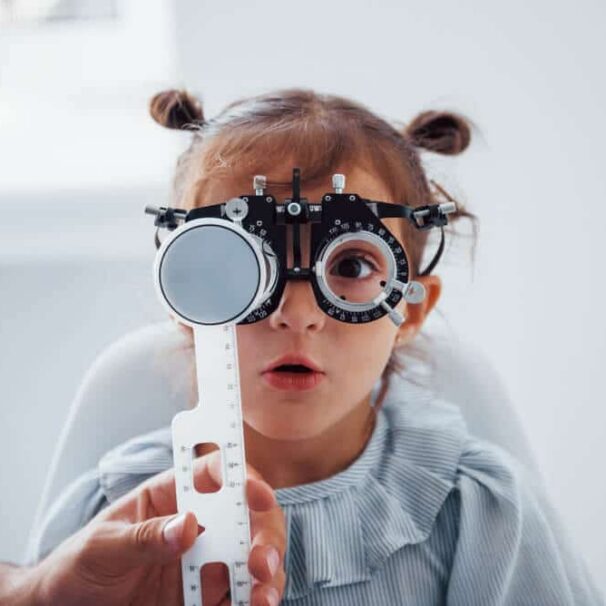HealthProviders DB is a comprehensive database of healthcare providers, including a complete directory of all Pediatric Optometrists.
Optometrist Healthcare Taxonomy Code 152WP0200X
As of today, the following are the total number of Pediatric Optometrists nationally, in your State, and near your location.
Select a State below to view the list by State. Additionally, you can narrow the list by city, among other options, from the Filter Panel, which you can open by clicking the vertical ellipses ⋮ in the upper right corner of the app.
Alaska – Alabama – Armed Forces Pacific – Arkansas – American Samoa – Arizona – California – Colorado – Connecticut – District of Columbia – Delaware – Florida – Federated States of Micronesia – Georgia – Guam – Hawaii – Iowa – Idaho – Illinois – Indiana – Kansas – Kentucky – Louisiana – Massachusetts – Maryland – Maine – Marshall Islands – Michigan – Minnesota – Missouri – Northern Mariana Islands – Mississippi – Montana – North Carolina – North Dakota – Nebraska – New Hampshire – New Jersey – New Mexico – Nevada – New York – Ohio – Oklahoma – Oregon – Pennsylvania – Puerto Rico – Palau – Rhode Island – South Carolina – South Dakota – Tennessee – Texas – Utah – Virginia – Virgin Islands – Vermont – Washington – Wisconsin – West Virginia – Wyoming
Medicare
The following are the total number of Pediatric Optometrists who accept Medicare in your State, the number who have opted out of Medicare, and the total number excluded from participation in Medicare nationwide.
The diagram below shows all the Pediatric Optometrists across the country, represented by blue bubbles. The larger the bubble, the greater the concentration of providers in that area. Red bubbles represent Medicare-excluded providers, with the larger bubbles indicating a higher percentage of excluded providers in that region. You can change the bubble size to be based on exclusions from the Size menu.
What do Pediatric Optometrists do?
Pediatric optometrists provide comprehensive eye care for children, including comprehensive eye exams, diagnosing and treating eye conditions and injuries, and prescribing corrective lenses like glasses and contacts.
They specialize in assessing vision and eye function using age-appropriate methods for young children, such as matching games, and monitor eye health to detect issues that can affect a child’s learning and development.
What they do
Care for special needs children: They are also trained to provide vision care for children with special needs, such as those with Down syndrome, autism, or low vision.
Comprehensive eye exams: They perform regular eye exams to check a child’s visual acuity, eye alignment, eye movement, and overall eye health.
Age-appropriate testing: They use modified, age-appropriate methods to test vision in infants and young children, who may not be able to read letters on a standard chart.
Diagnosis and treatment: They diagnose and manage a wide range of eye conditions, including nearsightedness (myopia), farsightedness (hyperopia), astigmatism, and eye movement disorders.
Prescription services: They prescribe and fit eyeglasses and contact lenses to correct vision problems.
Treatment plans: They develop plans that may include vision therapy, patching, eye drops, or medications for specific conditions.
Coordination of care: For more complex conditions or surgical needs, they can refer children to pediatric ophthalmologists.
Monitoring development: They monitor a child’s eye development from infancy through adolescence, ensuring optimal vision health for learning and daily activities.

